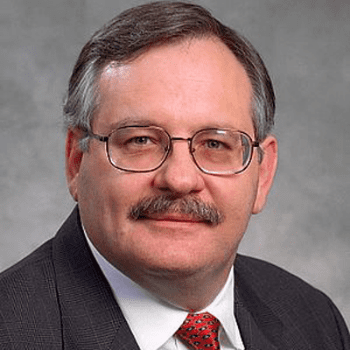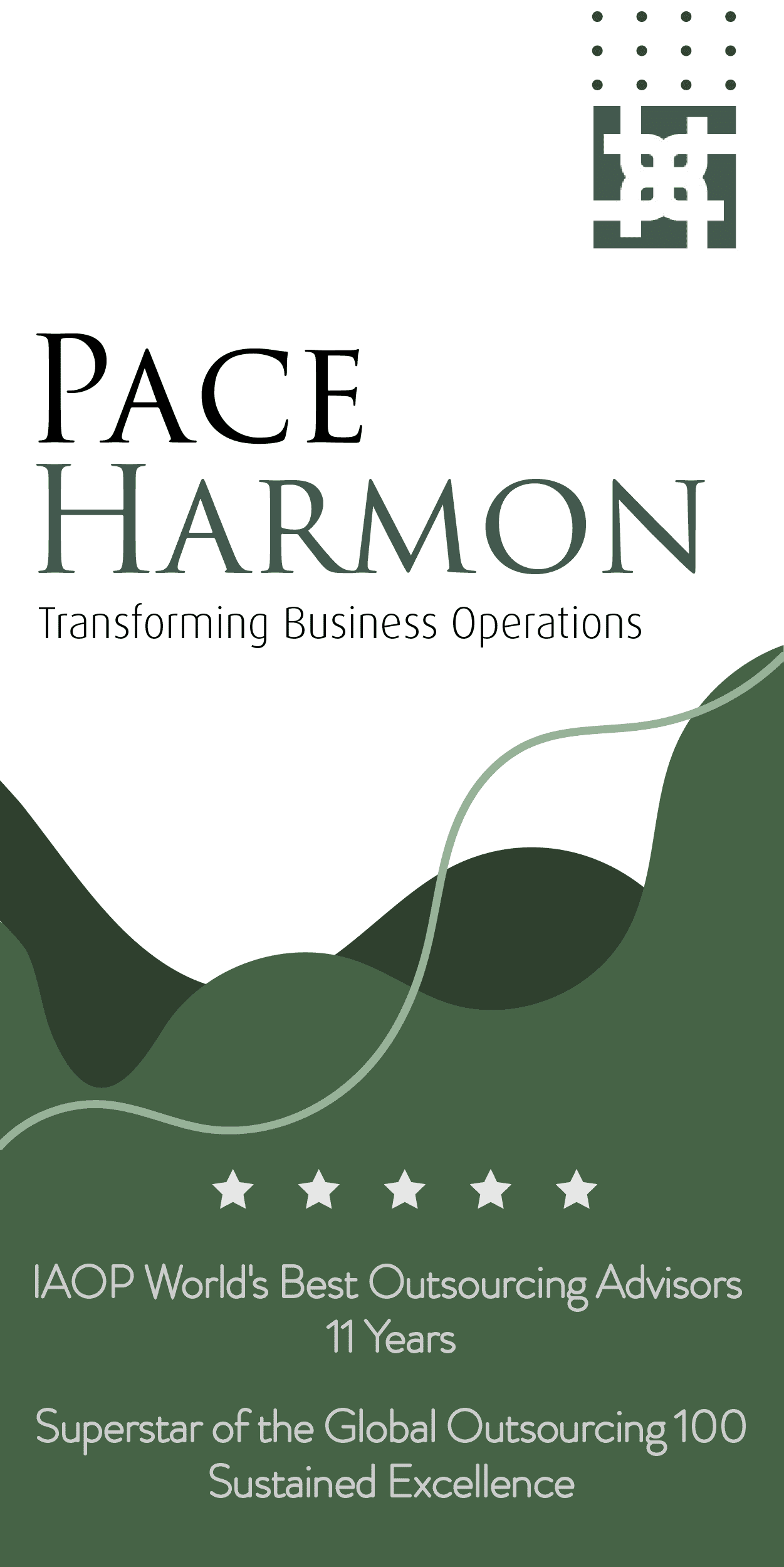Just like the well-known TED Talks, the ideas heard in the new AHEAD Talks are worth spreading throughout your organization. These short 20-minute presentations at OWS2.0 focused on technology and the workforce of the future.

Eric Clark, Chief Digital Officer, NTT DATA

Claude Marais, President, SirionLabs

Kevin Parikh, CEO and Chairman, Avasant
In the first of three fast-paced 20-minute talks, Eric Clark, Chief Digital Officer, NTT Data, talked about the imperatives for competing in a culture of speed. Clark compared the current business environment to an Indy 500 race where “yesterday’s fastest is today’s fifth place.”
Yellow flags that slow organizations down include outdated systems and processes, tapping the brakes on automation, having lots of data in different silos and resistance to change, he said.
According to Clark, the seven imperatives for competing in a culture of speed are: adapting a technology-forward mindset, maximizing investments in automation, hyper personalizing customer experiences, digitally transforming the workplace, leveraging predictive analytics and innovating to new business models.
Clark shared the example of Hilton delivering a hyper-personalized customer experience with its digital key that allows guests to access their rooms, elevators, gym and other hotel areas; adjust their room temperature, and order food through their smartphone.
“Go beyond adapting to change to thriving in change,” he said.
Next up, Claude Marais, President, SirionLabs, spoke about the Contract Lifecycle Management (CLM) and explored why Fortune 100 companies are still managing contracts the same way they did 40 years ago instead of using CLM technology.
“With all the technology today, why does it feel like we’re still in the 1980s and why haven’t we moved faster?” he asked. “Change management is a major issue. It’s not just technology. It’s the same old struggles.”
These struggles include difficulty in locating contracts, lack of transparency, poor visibility, inefficient processes, difficulty in tracking obligations and KPIs, multiple sources of the truth and overpayments.
In 2020, enterprises should expect and get tangible value from their CLM technology including full visibility and control over contracts, improved supplier performance and business outcomes, improved buyer-supplier relationships and other benefits, Marais said sharing a good contract management technology checklist to achieve that.
In the last Ahead Talk, Kevin Parikh, CEO and Chairman, Avasant, talked about the concept of transcending digital technology to move humanity forward. In today’s digital and information age, technology is just the platform to innovation, he said.
“Having all the power at our fingertips doesn’t mean anything if it doesn’t have human value,” Parikh said. “It’s not about the technology. It’s about the life-changing experience you have. If you can’t make that connection, it has no value.”
Examples of disruptive change include the move from TV dinners for convenience in the 1950s to on-demand foodservice delivery; ride-sharing services like Uber that are replacing driving by individuals; and the convergence of content creators and distributors in the media and entertainment like Amazon, Apple TV and Disney.
Technology is no longer special but the baseline that is expected in today’s society where 7 billion people, including the millennial generation, have the power to disrupt, according to Parikh.
“Just wait the disruptors are coming from every person, every country and our children,” he said.






